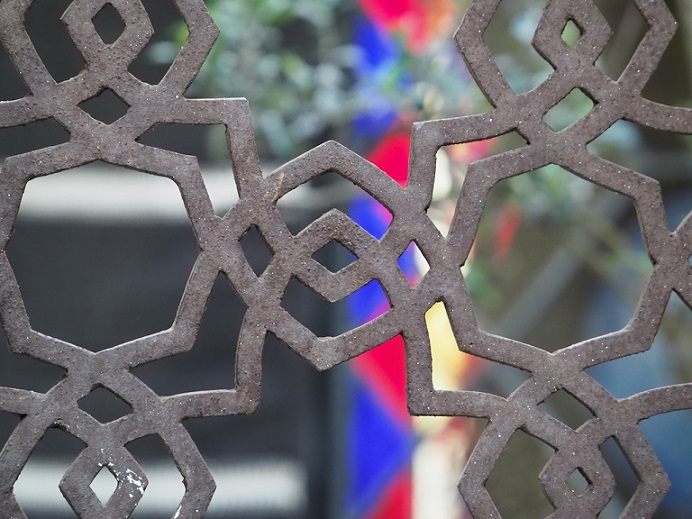On May 13th, 1992, they were ordered to hang white sheets at their homes and when they left their houses they had to wear white armbands. “That was the first time after the second world war, that a group, due to their ethnicity, would once again be physically marked.”
Sudbin’s father along with other non-Serbs lost their jobs, and they spent a few weeks in fear, insecurity, wondering what was going to happen next.
On 20th July 1992, they saw young people running, who said that hundreds of people were being killed, women were being raped, and rivers were running with blood. Sudbin continued, “My father couldn’t believe what he was hearing, he couldn’t believe that it was true. Yet three days later, he was shot by a Kalashnikov gun by the former Yugoslav people’s army.
“That morning he wasn’t with us, he was cutting grass in the fields together with his friends. At the same time, the Serbian army with the police entered my village. When they arrived at our house I had no idea what was going to happen. I feared for my mom, my younger brother, and my two younger sisters. That fear, I still feel today.”
The soldiers took Sudbin and his brother, beat them, and took them to the riverbank where they had some of their best childhood memories. En route, they say the bodies of their neighbors and friends. Moments before they were going to be shot, a man started yelling. It was the bus driver taking people to the concentration camps, he was a co-worker of Sudbin’s father who recognized the two boys. A Serbian, he saved them.
They were driven to the Trnopolje concentration camp in the same bus that would take them to school. There Sudbin realized where the people missing from the villages went and he finally understood what his high school teacher meant with his closing words on the last day of school.
While in the camp, an old school friend told Sudbin that she was there when her father was murdered, “His last words were, Why are you doing this? I have four children. Who is going to feed them?”
Some days later, Sudbin’s mother and sisters arrived at the camp. Sometime later, they were amongst the lucky ones, deported. And some years later, they returned to Bosnia, though his younger brother settled in Chicago, unable to return due to trauma.
Sudbin’s account is by no means unique, it is one shared by thousands of Bosnians who suffered at the hands of extreme nationalism.

Design-at-St-Ethelburga









